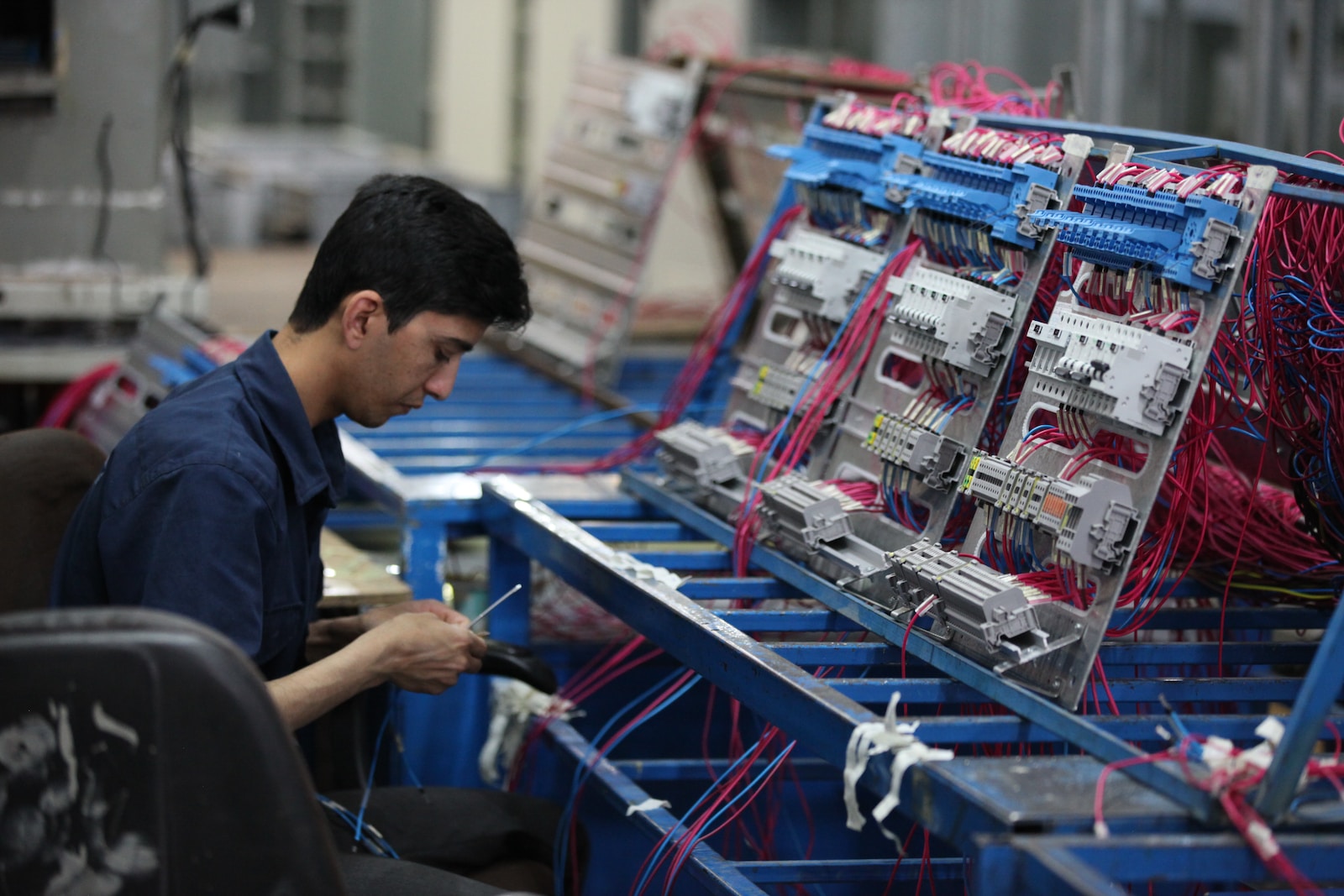As environmental concerns continue to gain prominence, sustainable practices and green manufacturing are becoming increasingly important in the factory labor landscape. Here, we explore the role of sustainable practices in factory labor and how businesses can adopt eco-friendly strategies to minimize their environmental footprint:
The Importance of Sustainable Practices in Factory Labor
- Environmental Impact Reduction: By implementing sustainable practices, factories can reduce their environmental impact through decreased waste, reduced energy consumption, and minimized greenhouse gas emissions.
- Regulatory Compliance: Many countries and regions have implemented regulations and guidelines to promote sustainable practices in manufacturing. Adopting eco-friendly strategies can help factories comply with these requirements and avoid potential fines or penalties.
- Improved Brand Image: Demonstrating a commitment to sustainability can enhance a company’s brand image, attracting environmentally conscious consumers and investors.
- Cost Savings: Sustainable practices can lead to cost savings through reduced energy consumption, waste minimization, and efficient resource utilization.
Strategies for Implementing Sustainable Practices in Factory Labor
- Energy Efficiency: Factories can reduce their energy consumption by investing in energy-efficient equipment, optimizing production processes, and implementing energy management systems.
- Waste Reduction: Emphasizing waste reduction in factory labor can involve implementing lean manufacturing principles, recycling and reusing materials, and adopting a circular economy mindset.
- Resource Conservation: Factories can conserve resources by using raw materials more efficiently, opting for sustainable or recycled materials, and managing water usage.
- Employee Training and Engagement: Educating factory workers about the importance of sustainability and involving them in the development and implementation of eco-friendly practices can help promote a culture of environmental responsibility.
- Green Supply Chain Management: Factories can extend their sustainability efforts to their supply chain by working with suppliers who share their commitment to eco-friendly practices, engaging in responsible sourcing, and monitoring the environmental performance of their suppliers.
The Future of Factory Labor and Sustainability
As environmental concerns continue to shape the manufacturing industry, it’s essential for businesses to prioritize sustainable practices in their factory labor operations. By adopting eco-friendly strategies and investing in the education and training of their workforce, companies can minimize their environmental footprint, comply with regulatory requirements, and enhance their brand image. Embracing sustainability in factory labor not only benefits the environment but also supports long-term business success and resilience in an increasingly eco-conscious world.

